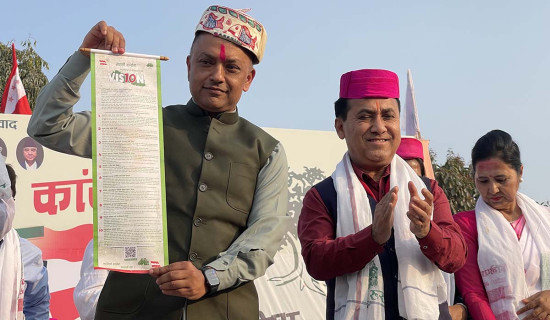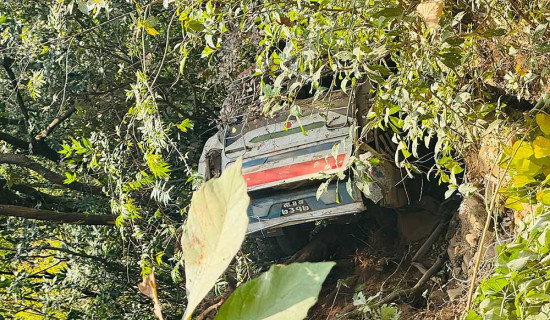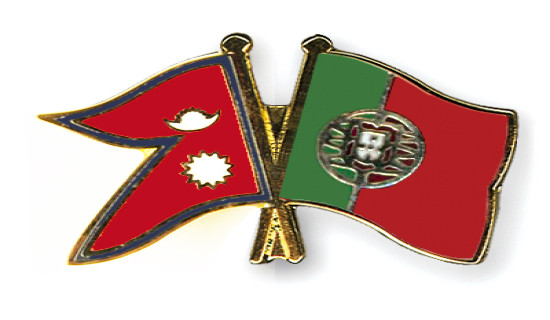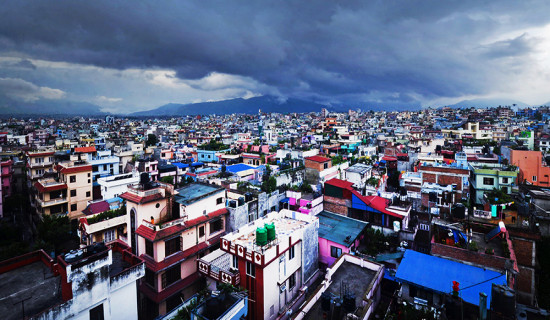- Thursday, 19 February 2026
Electoral Alliance
As the country is heading towards the local polls slated for May 13, electoral alliances among the political parties have become a defining characteristic of contemporary politics. Both ruling and opposition parties have forged alliances with like-minded forces.
The constituents of the current five-party coalition – Nepali Congress (NC), CPN-Maoist Centre, CPN-Unified Socialist, Janata Samajbadi Party (JSP) and Rashtriya Janamorcha – have decided to go together in all three-tier polls. Similarly, the main opposition CPN-UML has recently struck a deal with Rashtriya Prajatantra Party-Nepal and Pariwar Dal to jointly contest the upcoming local elections.
It is natural in the democratic setup for the parties to ally with their compatible counterparts to muster more seats in the polls.
Nonetheless, the political parties are expected to respect the basic norms and values of democracy while entering the poll alliance. Ideological coherence, constitutional spirit and political ethics must not be undermined. If the parties forge unnatural alliances, guided by parochial interest and political vendetta, this will hurt democratic culture and the prospects of consolidating the democratic republic through the periodic poll which is a crucial democratic exercise.
The ruling coalition came to power with a commitment to safeguarding the republican constitution and federal parliament. It has fought together to save the parliamentary sanctity. It has an august duty to ensure institutionalization of democracy, implementation of the constitution, and safeguarding the hard system from derailing and coming under threat.
The reinstatement of the parliament and formation of a coalition government as per the historic verdict of the Supreme Court did not only bring the constitution back on track but also averted the possibility of plunging the nation into another vicious cycle of instability.
This is a reason that coalition partners have decided to continue supporting each other in the upcoming local level elections by shelving their differences. Last week, issuing a joint statement, the top leaders of the ruling coalition urged all their leaders and cadres to work out an electoral alliance framework and move ahead with a spirit of mutual collaboration and cooperation.
The ruling coalition insists that it needs solidarity to protect the nation and democracy from the anti-change and regressive forces while protecting Nepal’s sovereignty, independence, people’s freedom and progress. No doubt, the coalition will be able to ensure stability, inclusive democracy and desired prosperity if they translate their pledge into action.
For this, they should secure people’s robust mandate. This requires them to support each other in the polls without conditions and by sorting out the dissatisfaction of the grassroots cadres. Political honesty is necessary to make sure that the candidates receive public support and get elected in the elections.
Against this backdrop, Prime Minister and Nepali Congress President Sher Bahadur Deuba has said that his party would not betray the ruling parties’ decision to forge the electoral alliance in the upcoming local polls. PM Deuba has not mince words when he said that he became the PM with the support of the coalition parties.
As the largest ruling partner, NC has an important responsibility to implement the decisions of the high-level political mechanism with regard to the poll alliance. PM Deuba’s commitment to supporting the coalition parties in the election will create an atmosphere of confidence and cooperation among the allies, thereby living up to the values of public morality and trust in politics.









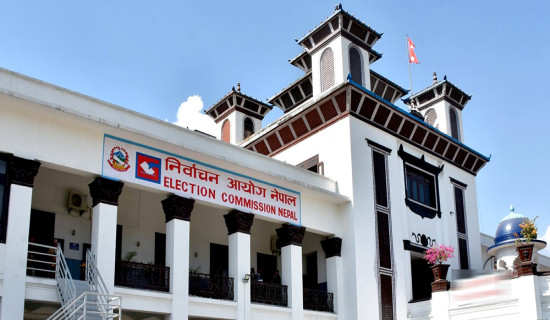
-original-thumb.jpg)

